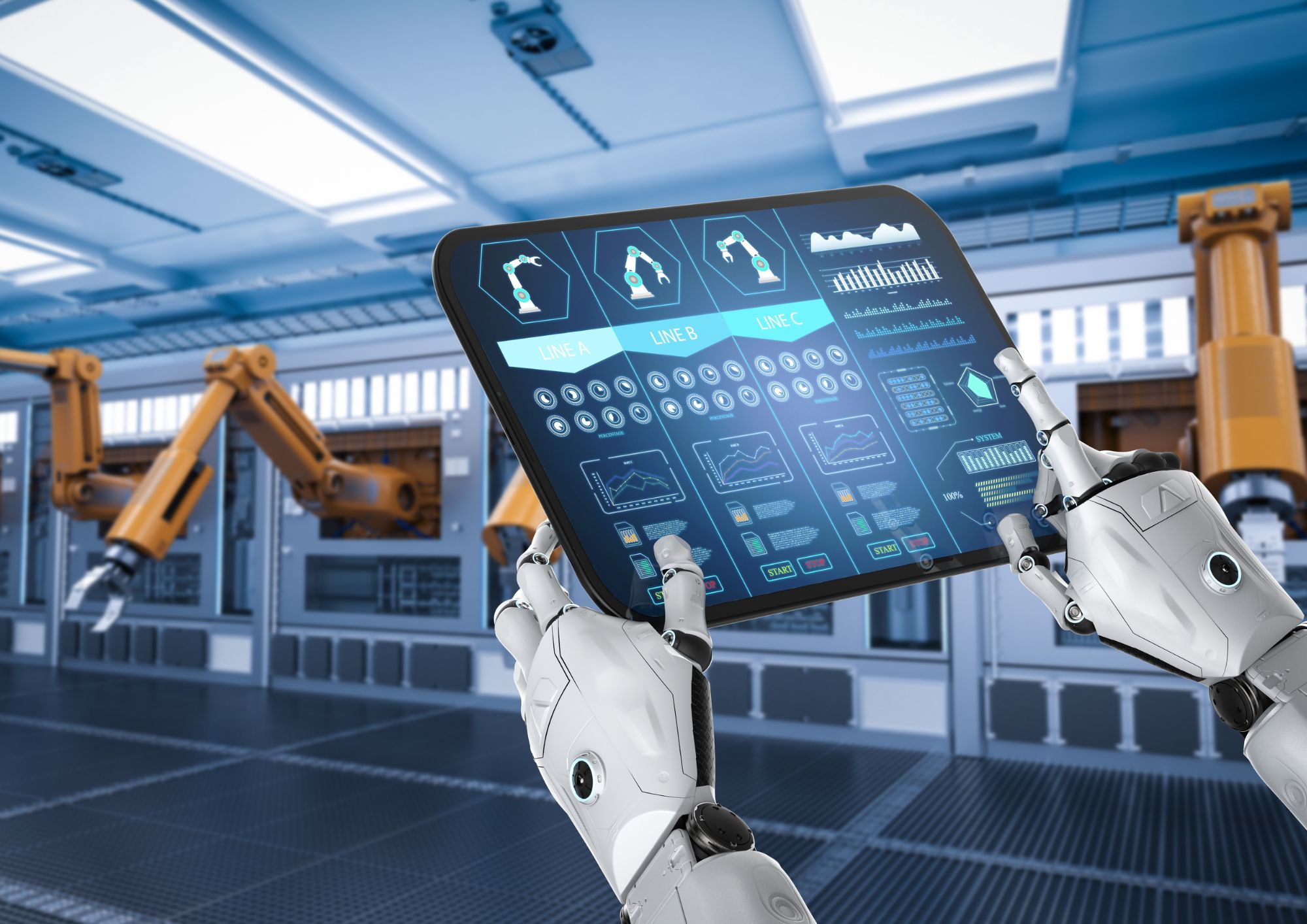The world of supply chain management (SCM) is undergoing a rapid transformation due to the emergence of intelligent automation.
In recent years, we’ve seen significant strides in the development of artificial intelligence (AI) and automation technologies, which are revolutionizing how businesses manage their supply chains.
This article will delve into the growing impact of intelligent automation on SCM, focusing on logistics and inventory control, and how it’s shaping the future of this critical industry.
We’ll look at facts, figures, and examples to better understand the key benefits and opportunities presented by this exciting technology. 😊
Intelligent Automation Revolutionizing Supply Chain Management
Intelligent automation, a combination of AI and automation technologies, is quickly becoming an integral part of supply chain management.
By incorporating data-driven insights, machine learning, and robotics, companies can optimize their supply chain processes to achieve greater efficiency, reduced costs, and improved customer satisfaction.
For example, global retail giant Amazon has been implementing AI and automation solutions in their warehouses, streamlining operations and reducing human intervention.
As a result, Amazon has seen a 20% increase in productivity and a 50% reduction in inventory errors. 📈
Transforming Logistics Through Intelligent Automation
Logistics, a crucial component of supply chain management, is witnessing a significant transformation with the help of intelligent automation.
Autonomous vehicles, drones, and robotic solutions are being used for transportation, warehousing, and last-mile delivery, resulting in substantial cost savings and increased efficiency.
Take, for instance, UPS’s use of AI-enabled route optimization technology, ORION.
The system has helped UPS save around 100 million miles and reduce greenhouse gas emissions by 100,000 metric tons annually. This translates to substantial cost savings and a reduced environmental impact. 🚚
Inventory Control with Intelligent Automation
Intelligent automation is also making its mark on inventory control. AI-powered demand forecasting, combined with robotics for picking, packing, and restocking, is revolutionizing how businesses manage their inventory.
By utilizing real-time data and predictive analytics, companies can optimize their stock levels, reduce waste, and improve customer satisfaction.
For example, Walmart has adopted an AI-based inventory management system, which enables the retail giant to accurately predict demand and adjust stock levels accordingly.
This has led to a 10% reduction in stockouts and a 7.5% decrease in excess inventory, contributing to increased sales and reduced operational costs. 📦
Reducing Costs and Increasing Efficiency in Supply Chain Management
By leveraging intelligent automation, companies can achieve significant cost savings and efficiency gains across their supply chain operations.
According to a report by McKinsey & Company, businesses that adopt intelligent automation can expect a 15-20% reduction in operating expenses and a 40-60% increase in throughput.
One prominent example is Siemens, which has implemented an AI-driven supply chain management system.
The system has helped Siemens achieve a 30% reduction in inventory carrying costs and a 10% improvement in on-time delivery rates. 🕒
Combining AI and Automation for Improved SCM
Integrating AI and automation in supply chain management is the key to unlocking unprecedented levels of efficiency and performance.
By combining the power of machine learning, robotics, and data analytics, businesses can create a more resilient, agile, and responsive supply chain.
For instance, Procter & Gamble (P&G) has deployed AI-powered analytics and automation solutions to optimize its supply chain operations. As a result, P&G has seen a 20% reduction in planning cycle time and a 10% decrease in transportation costs. 🌐
The growing impact of intelligent automation on supply chain management cannot be overstated.
With its potential to transform logistics, inventory control, and overall efficiency, the adoption of AI and automation technologies is becoming increasingly essential for businesses looking to thrive in the competitive global market.
By leveraging real-life examples, facts, and figures, we’ve illustrated the immense value that intelligent automation brings to the world of supply chain management.
From reducing costs and improving operational efficiency to enhancing customer satisfaction, the future of SCM is undoubtedly intertwined with the continued evolution of intelligent automation. 🌟
Thank you for reading our blog, we hope you found the information provided helpful and informative. We invite you to follow and share this blog with your colleagues and friends if you found it useful.
Share your thoughts and ideas in the comments below. To get in touch with us, please send an email to dataspaceconsulting@gmail.com or contactus@dataspacein.com.
You can also visit our website – DataspaceAI


